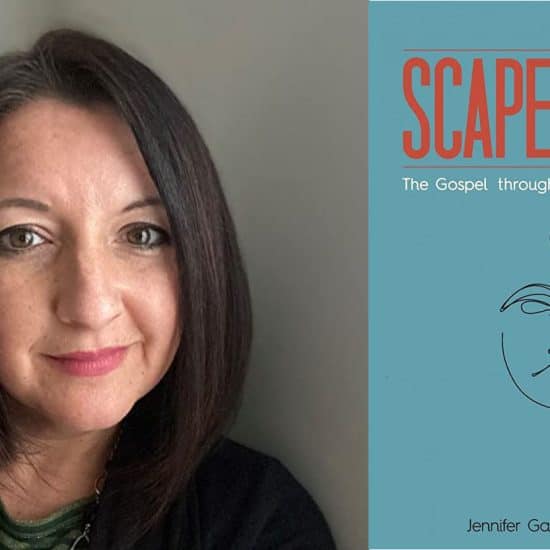
It’s time for women to have equal access to pulpit ministry and to be called as pastors of churches. For some, that sentiment is old news, settled long ago; for others, it is offensive or just plain wrong. But many believers are somewhere in between, demonstrating degrees of resistance or apathy around the subject.

Doyle Sager
To begin, I offer a summary of my own journey regarding the topic of women preachers. I grew up in a tiny, conservative Southern Baptist church in the 1950s and 60s. My only pastoral role models were male. Over the years, I began to open my mind and heart to the possibility that God gifts and calls women and men equally.
By the early 1990s, I happily witnessed a young lady in my church answering the call to vocational ministry. She is now effectively pastoring a Baptist church.
When I came to my current ministry setting nearly 22 years ago, I “inherited” a very competent female pastor on staff. Despite some resistance in our local Baptist association, we ordained her to the ministry in the early 2000s. During my tenure we have called three other extremely gifted female pastors on our staff.
By now, our congregation is so accustomed to women preachers that I am confident when the time comes to search for my successor, women candidates will be considered equally alongside men for the position of lead pastor.
In my view, the case against women pastors is based on some faulty assumptions.
1. A faulty biblical assumption — that scripture prohibits women preachers and pastors. Yes, the Apostle Paul told women to keep quiet in the church (Cor. 14:35; 1 Tim. 2:11). But be careful. Biblical literalism can be a trap. Paul also told women not to braid their hair or wear jewelry (1 Tim. 2:9).
Honest interpretation requires that we continually distinguish between instructions which were unique to the culture and time and those which are eternally binding. The same Apostle Paul who encouraged women not to speak also gave instructions for women to cover their heads while they preached (1 Cor. 11:5).
Upon closer examination, the New Testament does not limit the role of women; it elevates their role. The prophet Joel preached that when the Holy Spirit came, women and men would preach (Joel 2:28-29). All four gospels make a point of describing women as the first to proclaim the resurrection of Jesus (Matt. 28:1-10; Mark 16:1-9; Luke 24:1-12; John 20:1-18). The evangelist Philip had four daughters who had the gift of preaching (Acts 21:9).
2. A faulty theological assumption — that all evangelicals are opposed to women in ministry. For years, I’ve heard the old saw, “Only liberal churches allow women to preach or pastor.” In fact, many Holiness churches and historically black churches are led by females. And most of them are theologically orthodox, evangelical and conservative.
Our own Baptist tradition has a rich, albeit muted, heritage of female pastors. In February, Baptist Women in Ministry celebrates Martha Stearns Marshall and her rich legacy of preaching, church planting, evangelism and pastoral leadership (see bwim.info).
We sometimes forget. For the first 144 years of our nation’s existence, only men could vote. In the grand sweep of history, only recently have women been accepted as lawyers, doctors, airplane pilots, jury members and much more. Before those opposed to women in ministry throw around the word “liberal,” they should make an honest effort to distinguish between cultural norms and eternal verities.
3. A faulty pastoral assumption — that men are more naturally suited for the duties of pastoral care and preaching. Back in 1999, when our church was preparing to call its first-ever female youth pastor, someone asked, “What happens when a boy needs to talk about guy stuff with his youth pastor?” I replied, “I guess the same thing that happened for decades, when a young lady needed to talk to a male youth pastor about girl stuff” (awkward pause).
Churches which have opened their pulpits to both genders have made a discovery: Women, just like men, are fully capable of offering strong and visionary church leadership as well as thoughtful, healthy pastoral care. Likewise, females are just as able to provide Christ-honoring preaching and worship leadership.
How interesting that the Apostle Paul sometimes used feminine, maternal metaphors when describing the work of church leadership (Gal. 4:19; 1 Thes. 2:7). By the way, I agree with Paul. Pastoring a church is very much like guiding a house full of rowdy, inquisitive, sometimes incorrigible (but always lovable) children. Such work requires that our very best men and women answer God’s call. And it requires the church to acknowledge that call.
Doyle Sager is lead pastor of First Baptist Church in Jefferson City, Mo.






